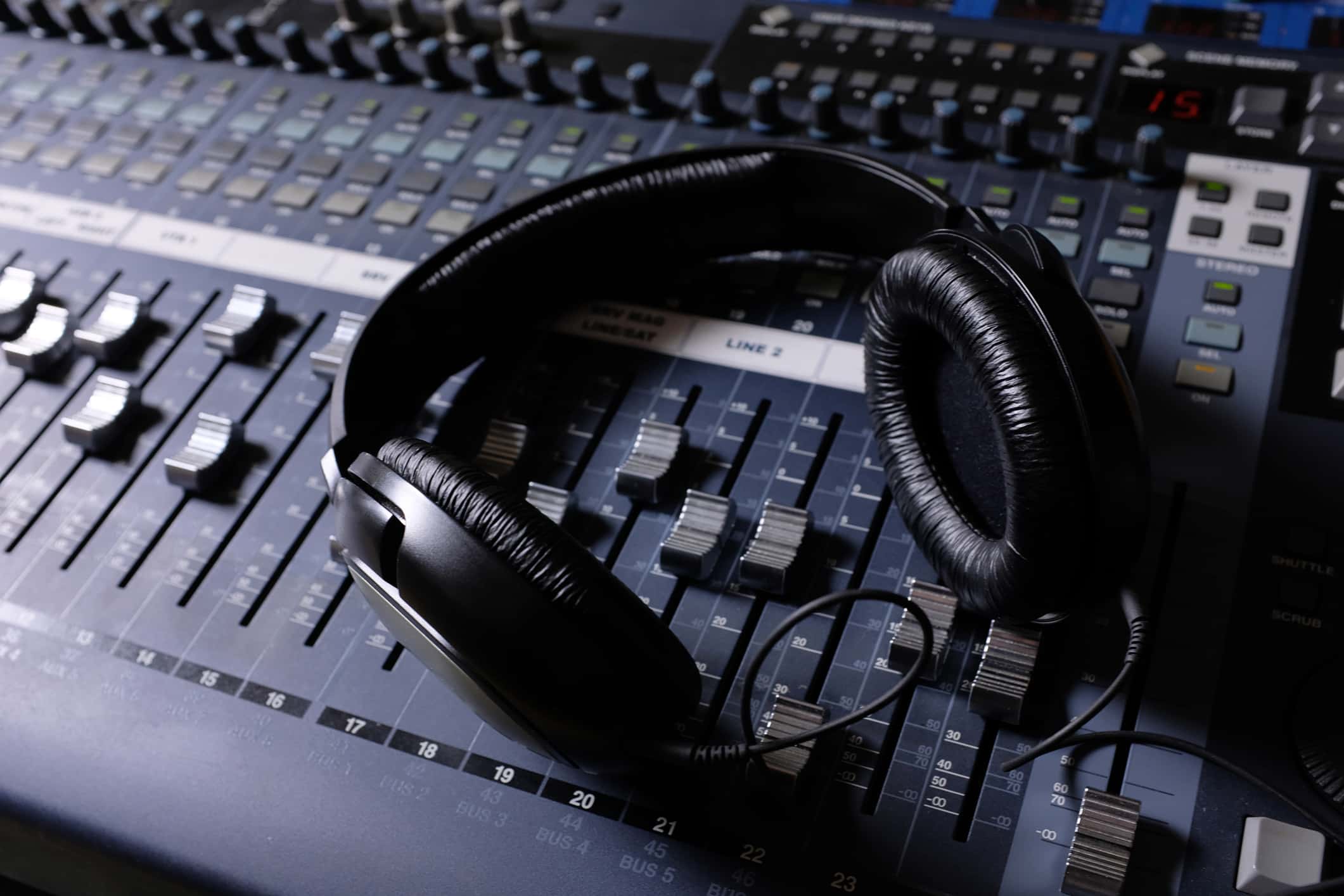TOPLINE
Google and Universal Music Group are discussing whether to license artists’ melodies and vocals for AI-generated music, according to the Financial Times, following a recent trend of music produced by artificial intelligence that has faced backlash—and support—from music labels and artists.
KEY FACTS
Universal Music—which represents artists like Drake, Ariana Grande and Taylor Swift—and Google are working to develop a tool for users to create AI-generated music using an artist’s voice, lyrics or sounds, the Financial Times reported.
A deal would pay copyright holders for the right to create the music, while artists would have the choice to opt in.
Warner Music Group is also discussing a similar product with Google, according to the Times.
Neither Google nor Universal Music immediately responded to requests for comment from Forbes.
Loading...
CRUCIAL QUOTE
Warner Music CEO Robert Kyncl said during the company’s earnings call Tuesday that “with the right framework in place” artificial intelligence would be able to “enable fans to pay their heroes the ultimate compliment through a new level of user-driven content.”
CHIEF CRITIC
Drake voiced his opposition to AI-produced music earlier this year after he was featured in several deepfakes, suggesting after one song was released: “This is the last straw.” Sting said there was “going to be a battle” between “human capital” and AI, which he said “doesn’t impress me at all,” according to the BBC.
CONTRA
Several artists have supported the development of AI-generated music, including Grimes, who said anyone could create songs using her voice “without penalty” as long as she receives a 50% split on royalties. Paul McCartney announced in June a new Beatles song would be released later this year, after McCartney said AI was used to “extricate” John Lennon’s voice from an old demo tape to create “the final Beatles record.”
KEY BACKGROUND
Regulations and restrictions for music generated by artificial intelligence have increased in recent months. Universal Music sent a letter to streaming services in April requesting they prevent AI programs from accessing its platforms to train on copyrighted lyrics and melodies. Universal Music general counsel Jeffrey Harleston said during a Senate hearing last month that “an artist’s voice is often the most valuable part of their livelihood and public persona.” The U.S. Copyright Office noted it will only offer copyright to works “created by a human being” and not “register works produced by a machine.” Google released an experimental AI tool for created music in May, which develops a song based on a text prompt. Meta released its own AI tool for creating music earlier this month, which is trained on 20,000 hours of licensed music owned by Meta.
FURTHER READING
Google And Universal Music Negotiate Deal Over AI ‘Deepfakes’ (Financial Times)
Meta Launches Tool To Create Music Using AI—Here’s What To Know (Forbes)
Loading...
